
The Business of Fashion
Agenda-setting intelligence, analysis and advice for the global fashion community.

Agenda-setting intelligence, analysis and advice for the global fashion community.
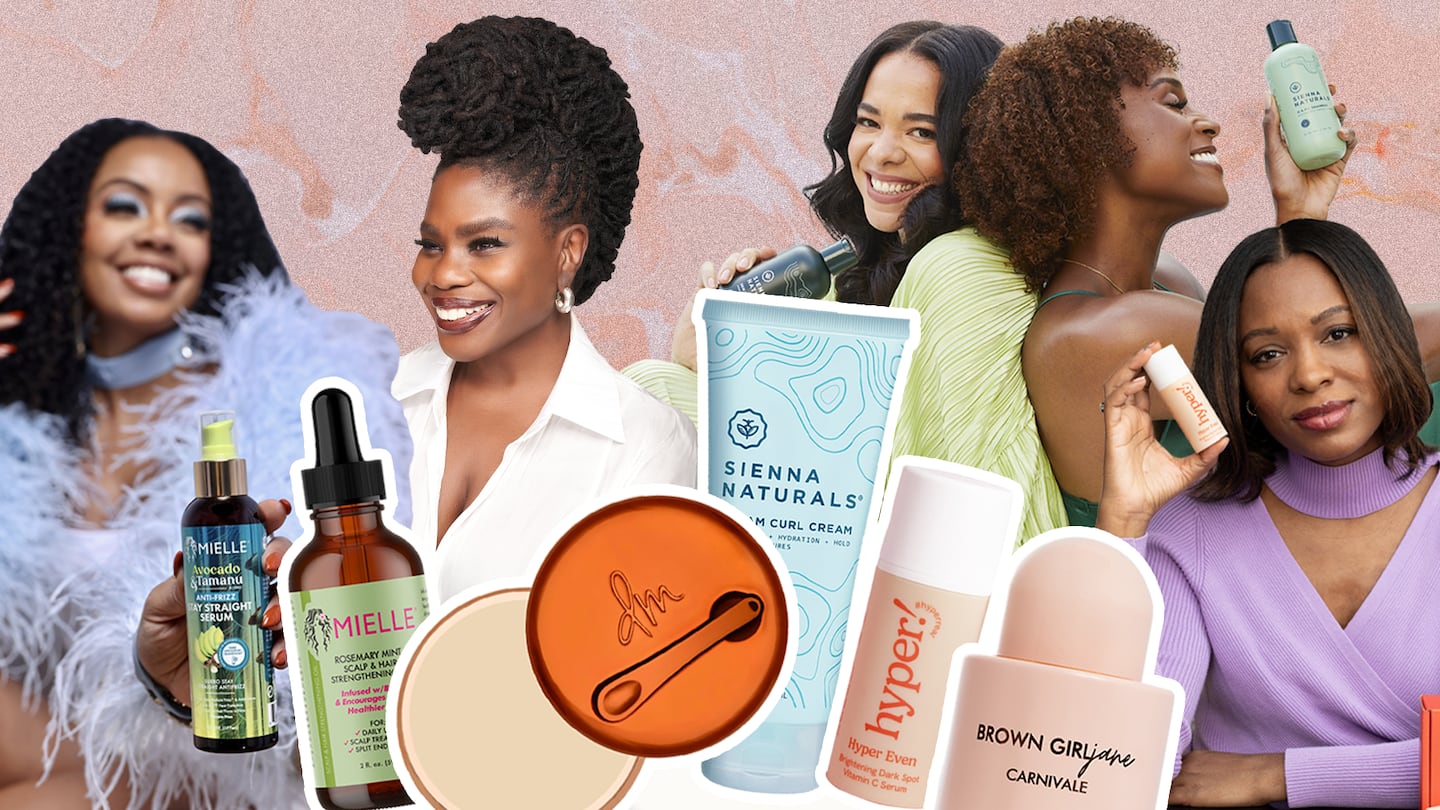
Mielle Organics’ origin story is by now the stuff of legend among Black female entrepreneurs: In the early 2010s, Chicago nurse Monique Rodriguez was frustrated with the available range of multicultural hair products. She whipped up her own concoction in the kitchen, shared it with friends, gained a loyal following and soon attracted the attention of major investors and international beauty conglomerates.
But though dozens, if not hundreds of Black women have undertaken a similar journey, the number who found even a fraction of Rodriguez’s success — or even made it past the kitchen counter stage — is vanishingly small.
A decade after launching her first product — a blend of scalp-stimulating peppermint and amino-acid rich almond oil — and a year since becoming one of the few Black women to achieve a lucrative exit by selling her business to Procter & Gamble in 2023 — Rodriguez remains in a rare class. Her peers include Carol’s Daughter founder Lisa Price, who sold to L’Oréal in 2017, and Sundial’s Richelieu Dennis, who sold SheaMoisture and several other multicultural hair brands to Unilever in 2014. (Rodriguez and her husband Melvin remain actively involved as chief executive officer and chief operating officer of Mielle, respectively.)
Despite the $6.6 billion spent by Black American consumers on beauty in 2021, Black-owned brands earned just 2.4 percent of revenue, a June 2022 study from consulting firm McKinsey & Company found. In 2021, Rodriguez was one of fewer than 100 Black women to have ever secured over $1 million in venture capital funding (Berkshire Partners invested a reported $100 million into Mielle that year.) Instead of opening doors, that year proved to be a high water mark for Rodriguez and her peers. After edging up only slightly in the immediate post-George Floyd era, funding for Black female founders remains less than one percent of total start-up investment each year, according to data from the nonprofit advocacy group Digital Undivided.
ADVERTISEMENT
There are signs of progress, though, particularly in US beauty retail. Initiatives like The 15 Percent Pledge, Ulta Beauty’s Muse Accelerator and Glossier’s grant program aim to incubate and financially support emerging Black brands. Industry insiders note that labels such as Topicals and Danessa Myricks have seen strong sales at Sephora, while Ulta has highlighted the success of hair care brands like Bread and Pattern Beauty. Both retailers say they continue to prioritise multicultural consumers, even as some fashion retailers have scaled back diversity commitments post-2020.
There’s still plenty of room for growth and innovation in the beauty industry, especially among Black founders who arguably resonate with multicultural consumers. However, success isn’t guaranteed. Despite her star power, Beyoncé's Cécred hairline received mixed reviews in February due to concerns about its authenticity given the performer’s notoriously private persona. Similarly, collections like actress Taraji P Henson’s TPH by Taraji, a scalp and hair care line, have seen some attention but haven’t quite reached blockbuster status. And many Black-founded kitchen elixirs for hair and skin have appeared in local beauty supply stores but often fade away.
“When I started Mielle [in 2014], I didn’t know or understand the possibilities of what my brand could be,” Rodriguez said. “But once I started to be exposed to ... what it took to build a global brand, I [realised] all the challenges of being a Black woman growing and scaling a brand.”
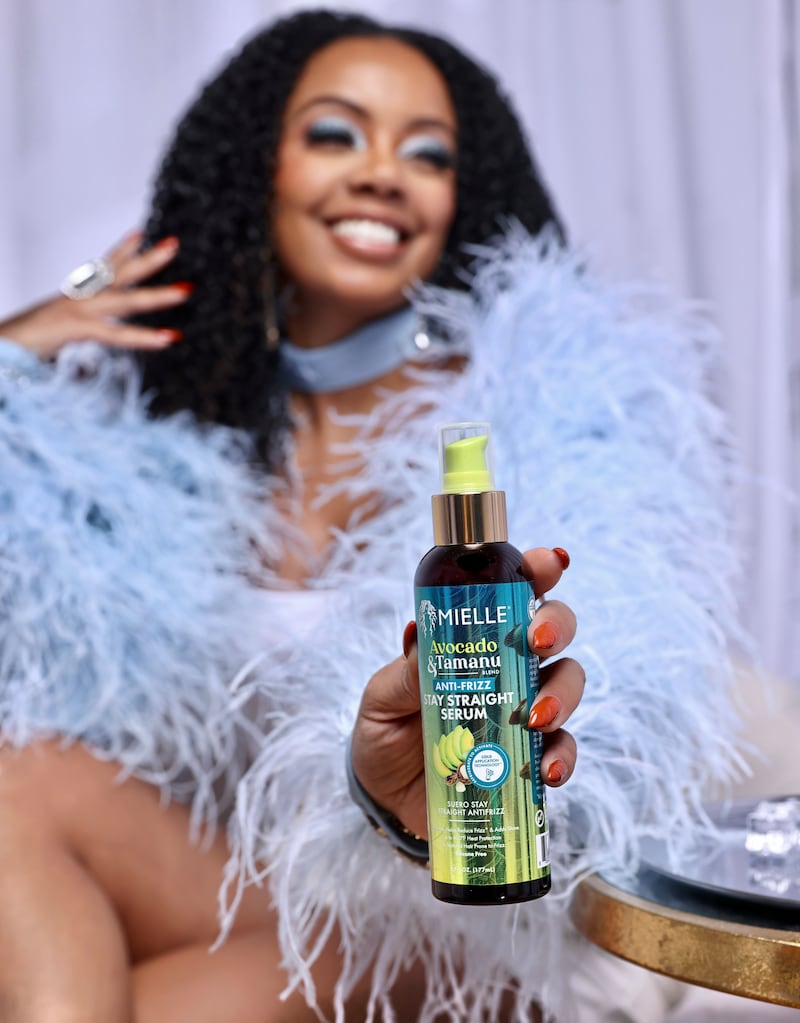
A few things are universally true: the most successful brands are the product of extensive research and consumer listening, their founders are clear on their purpose and they have carved out a unique point of differentiation in the market.
In many beauty categories, Black founders don’t always need to carve out entirely new niches. Emerging brands can thrive by improving or broadening existing offerings. This holds especially true for Black brands, given that their core consumers are chronically underserved, especially in hair care and makeup.
Twenty-five years ago, New York-native Danessa Myricks was doing makeup for bridal parties and special occasions to make ends meet. Her clients, many of whom were Black, appreciated her skill in blending multiple products to achieve formulations that enhanced their complexions while also creating edgy yet on-trend looks. However, at the end of their glam sessions, they’d often ask Myricks for product ideas, which she couldn’t provide — because almost everything she used was her own mash-up of brands and ingredients.
Soon after, Myricks began teaching makeup courses where she distributed her own makeup kits comprising lipsticks, foundations, blushes that she whipped up using products from other brands. She then spent years as a consultant for big beauty labels like Kiss and Benefit Cosmetics where she discovered blind spot after blind spot.
“I got a chance to visit lots of labs as part of this development process with other brands, and when you get there — and no matter what part of the world you go to — you will never see a Black person,” she said.
ADVERTISEMENT
This lack of representation even in the development stage resulted in limited options for BIPOC consumers across makeup categories, especially when it came to addressing the complexity of darker skin tones beyond foundation shades.
“Lots of brands now have deeper shade foundations … but then nothing else in their collection works on deep skin,” she said. “The innovation in their skincare, how shadows are formulated, the colours that they choose… the inclusion stops at the foundation.”
Myricks identified her core proposition: while a full range of foundation shades for all complexions was essential, she also aimed to provide a vibrant, edgy — even glittery — range of makeup products that make intimidating concepts easy to use for the everyday person.
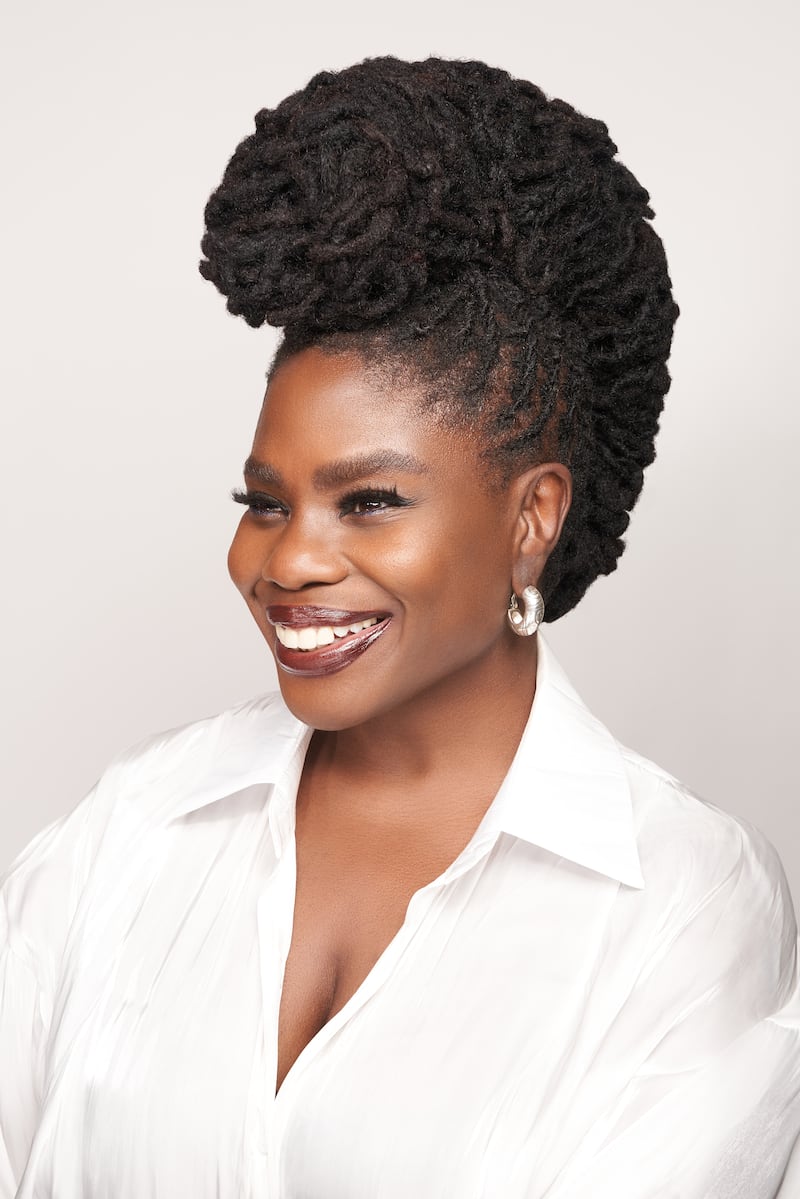
The line, which landed in hundreds of Sephora stores in 2021, has sparked dozens of viral social media videos and garnered numerous industry awards, from Ebony to Allure.
Similarly, Desiree Verdejo’s close proximity to her inevitable client helped set up her launch of Black skincare label, Hyper Skin. When she walked away from her law career to open a boutique, Vivrant Beauty, in Harlem in 2015, Verdejo quickly recognised there was a significant gap when it came to solutions for discoloration and spots for women and men with darker skin tones.
After winding down her boutique business in 2018, it took two years to launch Hyper, a vegan line targeting discoloration in melanated skin. A chance encounter with a friend connected Verdejo with a lab, leading to the development of the brand’s first product, a serum. Verdejo then distributed free samples to women she met at a coworking space in New York, sparking initial interest in the brand. Today, she’s sold at more than 250 Sephora locations around the US.
“It was very clear that customers were looking for products that spoke to hyperpigmentation,” she said. “I realised that the products were missing but also that education and storytelling around Black women were missing, too.”
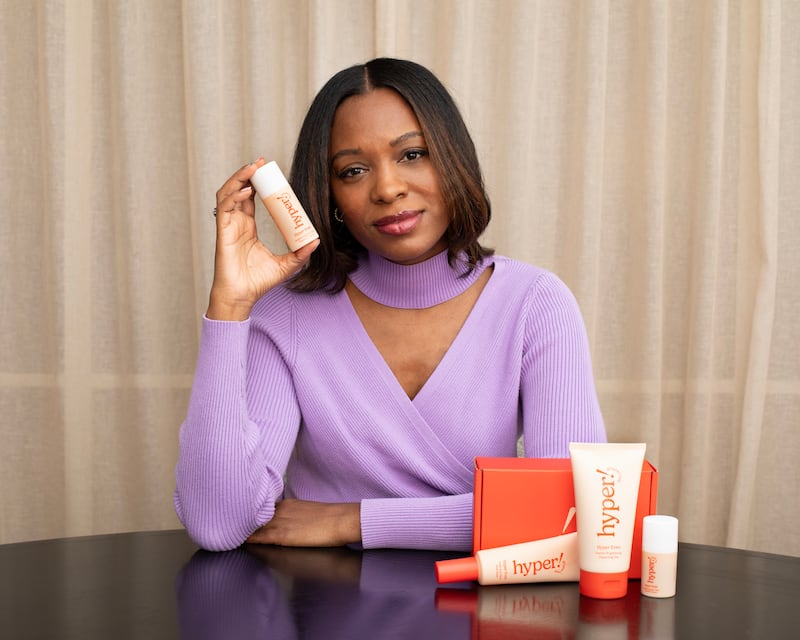
Mistakes are par for the course in the early stages of launching and in the many years that will hopefully follow. The most successful founders are quick to acknowledge missteps and pivot decisively to course-correct.
ADVERTISEMENT
When she launched Sienna Naturals in 2013, Hannah Diop aligned her concoction of hair and scalp products to the masstige price point, where the products retailed for $18-$28.
Diop soon realised that running her business as a masstige brand — which she assumed would reach a larger breadth of textured-hair shoppers — meant compromising on the quality and innovation her core customers desired.
“Our customer had ‘been through it’ with her hair and tried everything, and now … innovation is what she was after — that’s why she came to us,” Diop said.
It was fortuitous that Diop was in smaller, regional beauty stores at the time as most major retailers expect a brand to be priced accordingly from the get-go. But starting her business small — and keeping her communication direct, open and honest with her customers — made the pivot nondetrimental and seamless, she said.
In 2020, she relaunched Sienna Naturals with the backing of her sister-in-law, actress Issa Rae, with a squarely “premiumised” product offering that delved deeper into scalp health and incorporated ingredients like aloe vera juice, baobab and coconut oils. Collaborating with dermatologists, nurses and scientists to test and refine formulations became a top priority in this phase of growth. Diop also moved the price point up to $30 and above.
The pivot brought the brand back to its true origin story, rooted in Diop’s own experience as a biracial competitive swimmer who grappled with wash days in the locker room among her white counterparts.
“The big epiphany has been grounding the brand in the truth of our origin story, just telling it plainly and matter-of-factly,” Diop said. “In the beginning, I tried to avoid sharing my own personal story.”
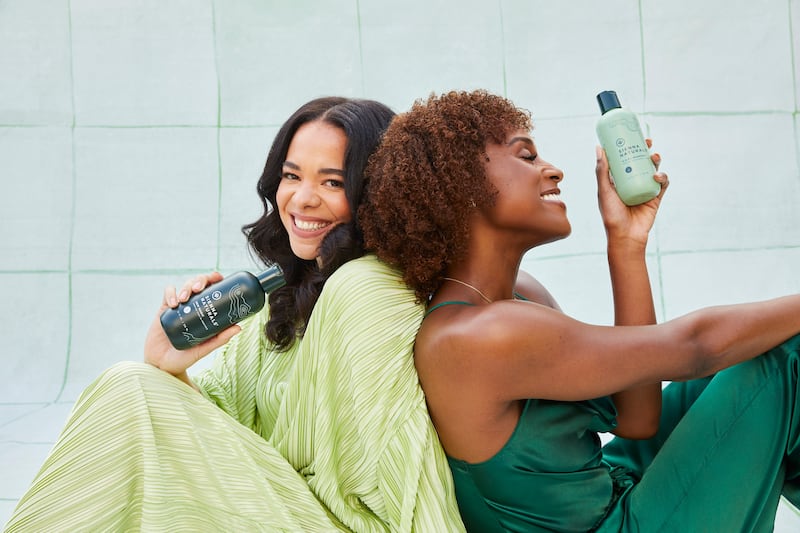
Indeed, course-correction and having multiple iterations of a product or brand identity are to be expected in the early stages of launching any brand.
When Malaika Jones, Tai Beauchamp, and Nia Jones launched Brown Girl Jane in 2019, they initially focused on wellness supplements and creams. They generated modest buzz — their CBD tinctures and gelées (gummies) landed write-ups in Refinery29 and Healthline — but it took multiple tries to nail the product range that would resonate more broadly and achieve scale. Eventually they landed on fragrance with a wellness angle.
Their debut perfume collection, Wanderlust — which featured scents inspired by cities they hoped to visit — received acclaim at retail and in beauty editorial for pairing scents with emotions. (The fragrances can be layered or worn individually to evoke combinations of love, joy and peace.) The latest collection, Carnivale, exclusive to Sephora, coincides with their expansion into the retailer, which started with an online presence in March.
“We wanted to challenge what the beauty industry had been, and integrate wellness, because that was something that, at that point in our lives ,was very important,” said Mailaka Jones, Brown Girl Jane’s chief executive. “The iterations that we have had over time have still stayed true to that ethos.”
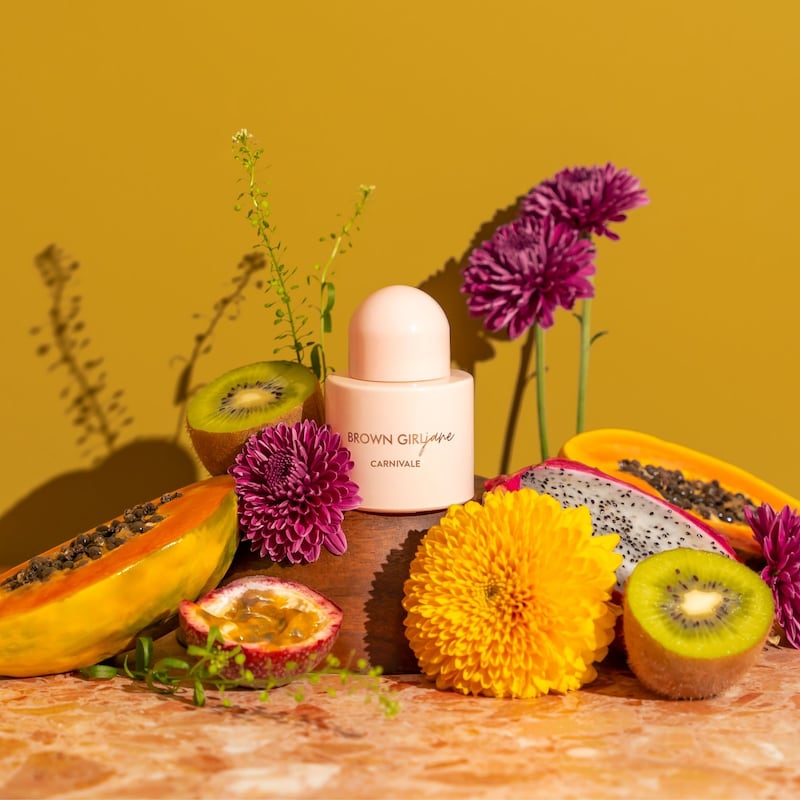
Mielle Organics has been acquired by P&G Beauty for an undisclosed sum. Co-founders Monique and Melvin Rodriguez will stay on in their roles of CEO and COO, respectively.
Monique Rodriguez is one of a small number of Black women to secure a seven-figure investment for her business. The next challenge: scale while staying Black-owned.
Despite criticism for the use of potentially harmful chemicals, companies are still selling the products around the world.
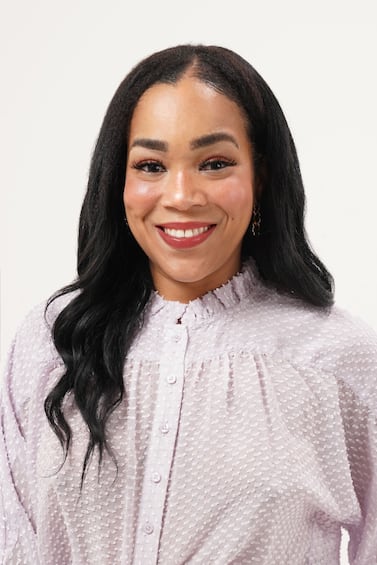
Sheena Butler-Young is Senior Correspondent at The Business of Fashion. She is based in New York and covers workplace, talent and issues surrounding diversity and inclusion.
Going public is usually a pivotal moment in a company’s history, cementing its heavyweight status and setting it up for expansion. In L’Occitane’s case, delisting might be a bigger conduit for growth.
Brands say they’re barreling ahead with marketing and commerce on the app, even as the clock starts ticking for owner ByteDance to sell it or shut it down.
The Spanish beauty and fashion conglomerate’s smart acquisitions and diverse portfolio could be a big draw for investors. Plus, Adidas is set to confirm its stellar first quarter.
How not to look tired? Make money.